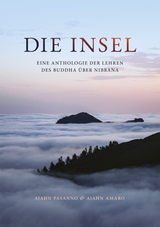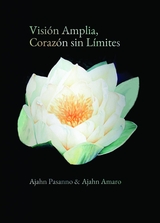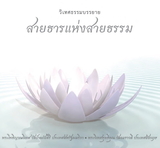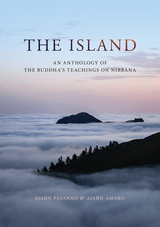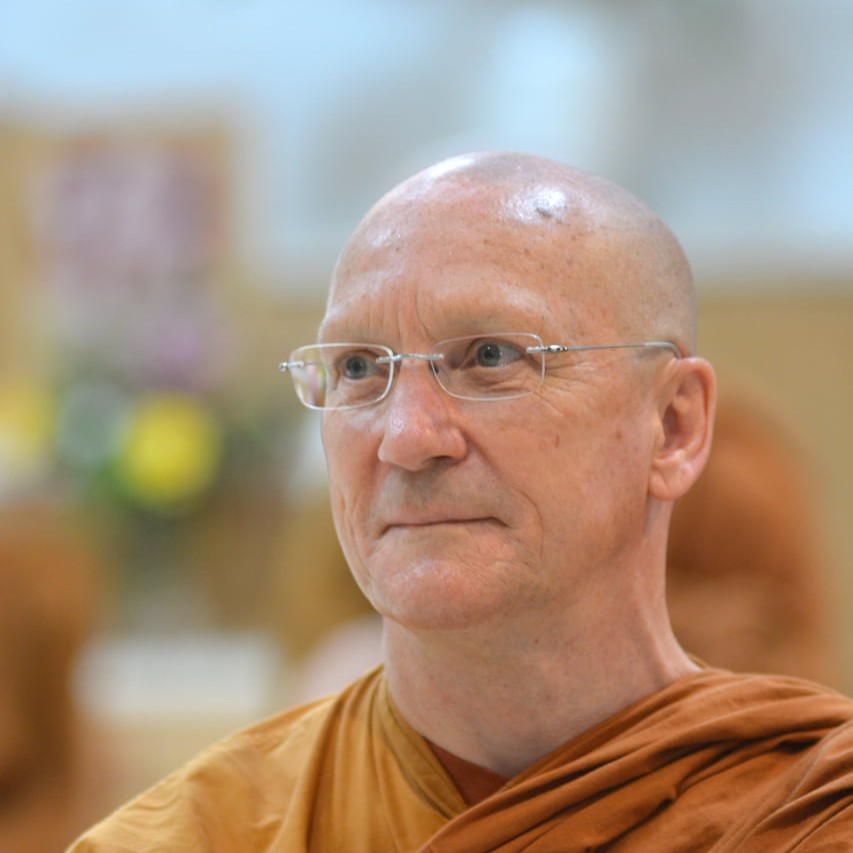
พระสงฆ์
ครูฆราวาส
ปี
ภาษา
สำนักพิมพ์
2 ตัวกรอง
ล้าง

Ajahn Pasanno took ordination in Thailand in 1974 with Venerable Phra Khru Ñāṇasirivatana as preceptor. During his first year as a monk he was taken by his teacher to meet Ajahn Chah,...
อ่านเพิ่มเติม
NIBBĀNA (Nirvāna in Sanskrit) ist ein Wort, das verwendet wird, um eine Erfahrung zu beschreiben. Wenn das Herz frei von allen Verdunkelungen ist und sich in völliger Übereinstimmung mit der Natur, der letztendlichen Realität (Dhamma) befindet, erfährt es perfekten Frieden, Freude und Zufriedenheit. Diese Qualitäten werden durch das Wort Nibbāna ausgedrückt. Der Zweck dieses Buches ist es, die speziellen Lehren des Buddhas zu umreißen, die...
อ่านเพิ่มเติม
Charlas transcritas de Ajahn Pasanno y Ajahn Amaro. Ajahn Pasanno describe la práctica de los Brahmaviharas: benevolencia, compasión, alegría apreciativa y ecuanimidad. Ajahn Amaro ofrece una visión general del budismo Theravada y de las enseñanzas de Ajahn Chah sobre la aplicación de la consideración sabia y la Visión Correcta
Introducción de Ajahn Sumedho (fragmento) Una dificultad con la palabra Nibbāna es que su significado está más allá del poder de las palabras para describirlo. Es, esencialmente, indefinible. Otra dificultad es que muchos budistas ven Nibbāna como algo inalcanzable –tan elevado y remoto que no seríamos lo suficientemente merecedores siquiera de intentarlo–. O vemos Nibbāna como una meta, como algo desconocido, indefinido, que deberíamos de...
อ่านเพิ่มเติม
A difficulty with the word ‘nibbāna’ is that its meaning is beyond the power of words to describe. It is, essentially, undefinable. Another difficulty is that many Buddhists see Nibbāna as something unobtainable – as so high and so remote that we’re not worthy enough to try for it. Or we see Nibbāna as a goal, as an unknown, undefined something that we should somehow...
อ่านเพิ่มเติม
We are often asked, “What does a Buddhist monastic know about real life?” This is a very good question because many people may think that we don’t have to deal with real life in the monastery: “Things are easy for you, but outside the monastery wall we have to deal with real life; we have a much more difficult job.” Their impression is that once...
อ่านเพิ่มเติม
สิ้นสุดผลลัพธ์
